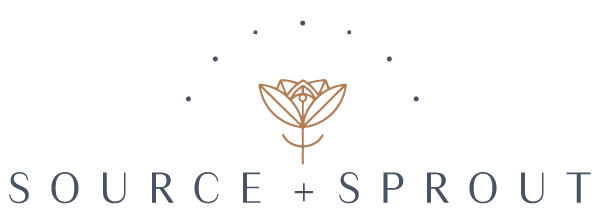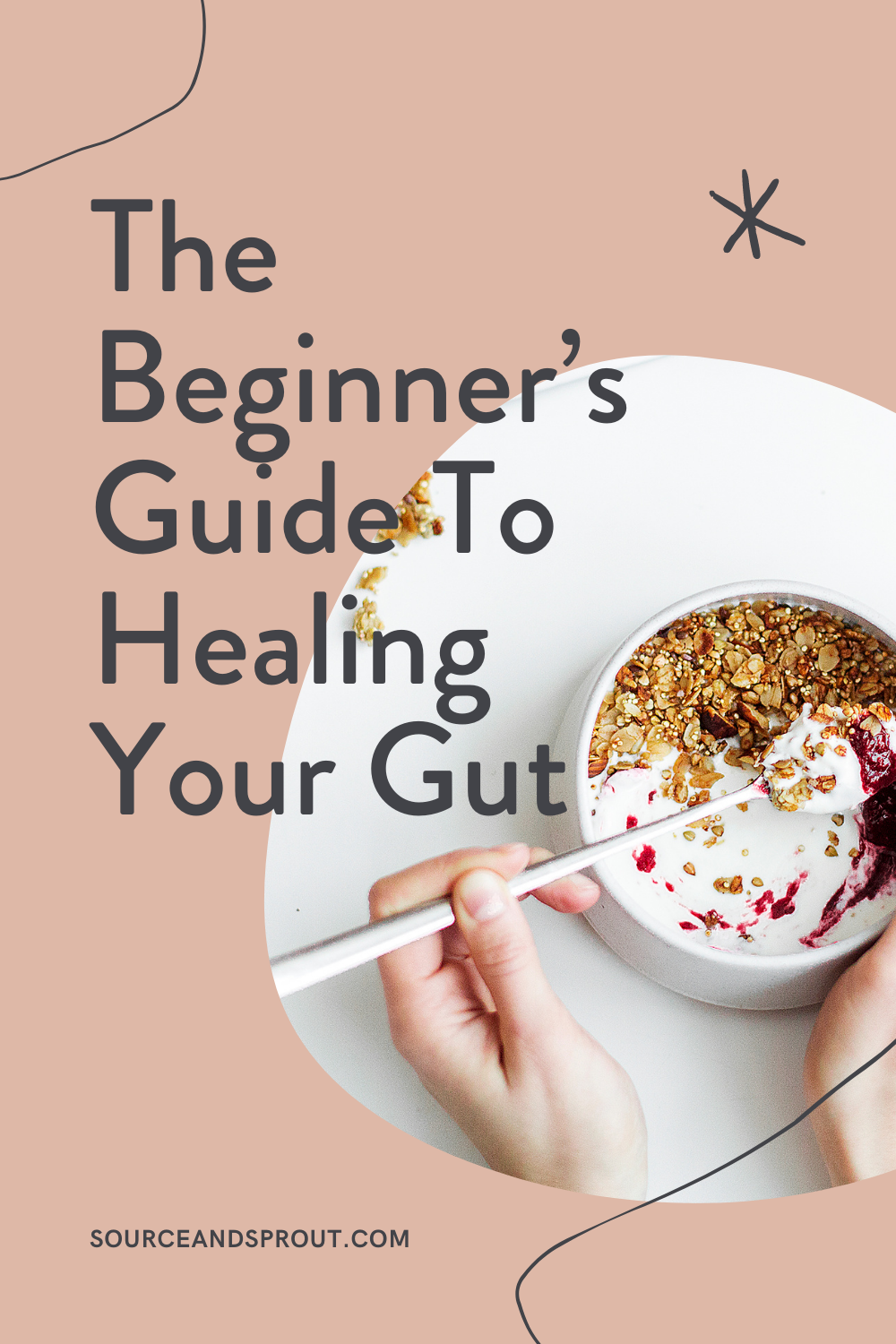The Beginner’s Guide To Healing Your Gut
Your gut health may be the last thing on your mind when you’re implementing new habits and revamping your nutrition. But the gut and the brain are so closely linked that often a stressed-out gut results in a stressed-out brain, and vice versa.
The gut-brain axis is made up of:
The enteric nervous system, which manages your GI tract
The central nervous system, which manages the brain and spinal cord
And the hypothalamus-pituitary-adrenal axis, which manages your body’s response to stressors
So when the HPA axis senses stress, the gut-brain axis communicates this info back and forth between the brain and the gut. Sounds like a nice game of organ telephone, but what does that actually mean?
In basic terms, alerting your brain to stress also alerts your gut causing a reaction in both. For example, studies have shown that depression and anxiety can cause GI dysfunction and GI dysfunction can also contribute to depression and anxiety.
Healing your gut can help optimize your mental health. So if you're ready to get your health back in tip-top shape, a gut healing protocol like the 4R approach may be helpful.
#1 Remove
The first step in healing your gut is to remove any foods from your diet that might be causing gut issues. While everybody is different, common food sensitivities include gluten, dairy, and sugar. You might also want to remove other gut irritants like alcohol.
#2 Replace
Next, replace nutrients and enzymes that may be low such as digestive enzymes, HCl, and nutrients such as quercetin and zinc. Digestive bitters may also help. I like Urban Moonshine and Dr. Shade's the best. These keep your gut functioning optimally.
#3 Reinoculate
Once you’ve added some gut-friendly foods to your meals, it’s time to introduce some good probiotic bacteria to your diet, specifically Lactobacillus and Bifidobacterium strains. Both of those strains have been shown to improve depression. You can ingest probiotics through a supplement or by eating probiotic foods like kimchi and kefir. Great gut-healing foods include sauerkraut, kimchi, and kvass.
#4 Repair
Finally, you want to repair gut health with amino acids like L-glutamine as well as make sure you're reducing stress and getting plenty of rest. The gut works best when we are in parasympathetic mode, which means “rest and digest.” To optimize this, eat in a calm state by taking deep breaths before eating, smell the foods in front of you, and chew each bite thoroughly. And of course, make sure you’re getting at least 7-8 hours of sleep each night.
Gut health is so important for our health. It affects everything from weight loss to moods. Schedule a free consult with me to learn more!
Sources
Anxiety and Depression Association of America (ADAA). Irritable bowel syndrome (IBS). Retrieved from https://adaa.org/understanding-anxiety/relatedillnesses/irritable-bowel-syndrome-ibs
Axe, J. (2017). 13 great probiotic foods you should be eating. Retrieved from https://draxe.com/probiotic-foods/
Carabotti, M., Scirocco, A., Maselli, M., & Severi, C. (2015). The gut-brain axis: interactions between enteric microbiota, central and enteric nervous systems. Annals of Gastroenterology. 28(20):203-209. PMID: 25830558
Messaoudi, M., Violle, N., Bisson, J., Desor, D., Javelot, H., Rougeot, C. (2011). Beneficial psychological effects of a probiotic formulation (Lactobacillus helveticus R0052 and Bifidobacterium longum R0175) in healthy human volunteers. Gut Microbes. 2:4, 256-261. https://doi.org/10.4161/gmic.2.4.16108
This information is for educational and informational purposes only and solely as a self-help tool for your own use. I am not providing medical, psychological, or nutrition therapy advice. You should not use this information to diagnose or treat any health problems or illnesses without consulting your own medical practitioner. Always seek the advice of your own medical practitioner and/or mental health provider about your specific health situation. For my full Disclaimer, please go to https://www.sourceandsproutnutrition.com/disclaimer

